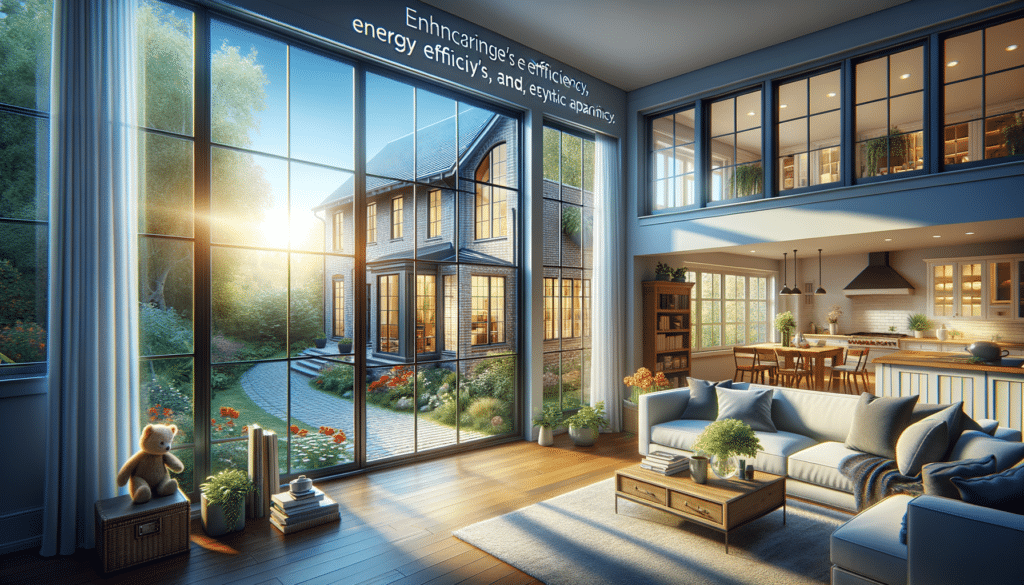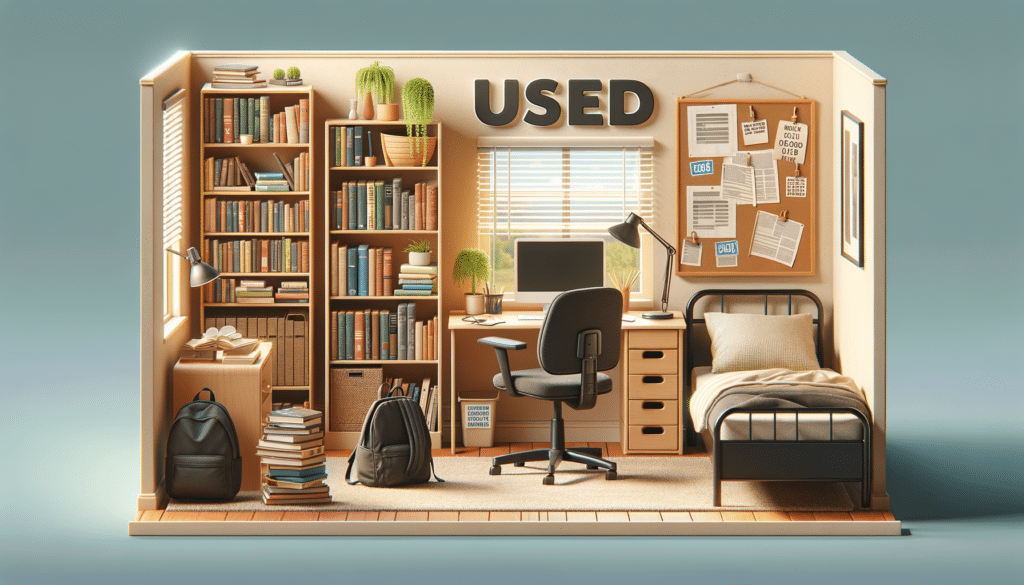Understanding the Need for Window Replacement
Windows are not just openings to the outside world; they play a vital role in the overall functionality and aesthetic appeal of a home. Over time, windows may become less efficient due to wear and tear, leading to increased energy costs and decreased comfort. Replacing old windows with new, energy-efficient models can significantly enhance a home’s energy efficiency, reduce utility bills, and improve indoor comfort. Additionally, modern windows offer better noise reduction, increased security, and enhanced curb appeal. Understanding the need for window replacement involves recognizing the signs of aging windows, such as drafts, difficulty in opening or closing, and condensation between panes. By addressing these issues, homeowners can ensure their living spaces are comfortable, secure, and visually appealing.
Choosing the Right Type of Windows
When it comes to window replacement, selecting the right type of window is crucial for achieving the desired results. There are several types of windows available, each with its own advantages. For instance, double-hung windows are popular for their ease of cleaning and versatility, while casement windows offer excellent ventilation and unobstructed views. It’s important to consider factors such as the architectural style of the home, the climate, and personal preferences when choosing windows. Energy efficiency is also a key consideration, with options like double or triple glazing and low-emissivity coatings offering enhanced insulation. Furthermore, materials such as vinyl, wood, and fiberglass each provide unique benefits in terms of durability, maintenance, and aesthetics. By carefully selecting the right type of windows, homeowners can maximize the benefits of their investment.
Installation Process and Considerations
The installation process is a critical aspect of window replacement that can greatly impact the performance and longevity of the windows. Proper installation ensures that windows are airtight, preventing drafts and water infiltration. It’s essential to hire experienced professionals who understand the intricacies of window installation and can handle any challenges that may arise. During the installation process, considerations such as the condition of the existing window frames, the need for additional insulation, and the proper sealing techniques are important to address. Additionally, understanding the local building codes and regulations is crucial to ensure compliance and avoid potential issues. A well-executed installation not only enhances the functionality of the windows but also contributes to the overall energy efficiency and comfort of the home.




